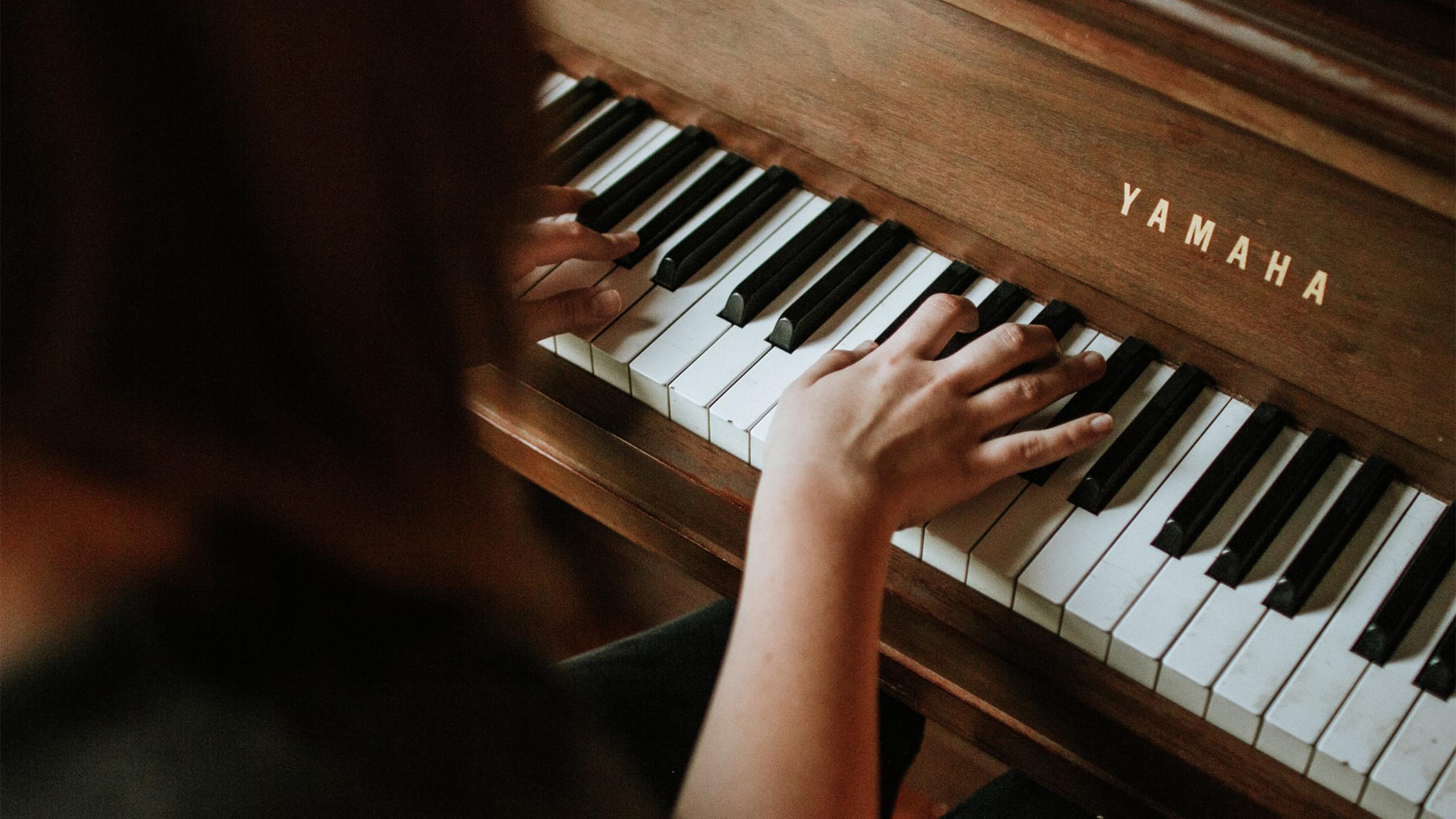By Elena De Luigi
Tune your guitars and drop a beat—Ryerson is launching its first music program this fall.
Ryerson’s Faculty of Communication and Design (FCAD) is set to launch the new Bachelor of Fine Arts in Professional Music in September 2021.
FCAD Dean Charles Falzon said only about 50 students will be admitted for the inaugural year.
“It’s quite an innovative [and] unique program because it really is for people who are interested in making their mark as a musician or in the music field in one way or another,” said Falzon. “It offers so much strength in the music world beyond playing the musical instruments.”
According to Ryerson’s website, the courses being offered as part of the program will allow students to learn about music fundamentals, industry, and studio and live production. These skills would potentially translate to real-world careers as musicians, producers, talent managers, entrepreneurs and other music-related professions.
Falzon said he wanted the program to be at the same level as the Berklee College of Music in the United States, so he spent time abroad and across the country speaking with the music industry and visiting other schools to learn more about their programs.
The Music Den, FCAD’s incubator for music innovation, will play a big role in the practical application of the new program, according to its coordinator Cormac McGee.
The Den is where musicians, students and entrepreneurs can connect with industry professionals to receive resources and programming. This will help students entering the program gain hands-on industry experience, said McGee.
“There’s sometimes a history of people going to school and then you graduate and then you say, ‘Now what? How do I get a job?’” said McGee. “That’s what we’re trying to avoid. We really want to have people gaining experience and working while they’re in school.”
McGee noted that traditional music programs in Canadian post-secondary institutions are more conservatory-focused, such as the programs offered at the University of Toronto or Humber College. Conservatory-focused programs are centred exclusively around studying music rather than music production and business. However, McGee said Ryerson’s program would focus on three pillars: production, performance and entrepreneurship.
This approach to music education is closer to programs in colleges such as Centennial College’s music industry arts and performance program, which allows students to specialize in music creation and business or music creation and technology in their third year. Fanshawe offers a similar advanced diploma; however, McGee said there’s no program like this offering a bachelor’s degree in Canada.
“This is the first of its kind,” he said. “There’s no real four-year undergraduate degree that gives you those skills to really prepare students for the modern music industry.”
Nick Zaakir, a second-year politics and governance student, said his passion has always been music. He began writing song lyrics at 19 and has yet to release his music publicly.
“It’s the best form of expression that I feel I can have,” said Zaakir. “For some reason I feel like I can explain myself better through my music than I can through conversation.”
“The only thing stopping me from making a professional sounding song…is literally my level of knowledge,” he said.
Zaakir is looking into applying for the new music program because he believes it will teach him the entrepreneurial and marketing side of the music industry.
For student group Musicians@Ryerson, the introduction of the new program would change the way the group is composed, said president Michael Kang. Musicians@Ryerson aims to bring together instrumental musicians and all music enthusiasts across the university by hosting open-mic nights and other music-related events.
Kang, who’s interested in live instrumental music rather than music production, recognizes that the program’s focus on music production and business is meant to be innovative.
“The music industry and the general pop culture is kind of shifting away from organic instrumental music,” said Kang. He said he understands why Ryerson chose to offer this degree, since it aligns with the demands of the current industry.
Going forward, Kang said that if there were more production-oriented students interested in being a part of Musicians@Ryerson, the group would incorporate production performances into their events.
As it stands, Falzon said several hundred applicants have already thrown their hat into the ring, and the faculty will begin to sift through the applications in March.










Leave a Reply